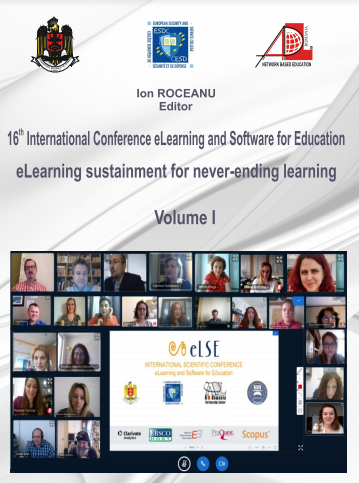SMARTBOARD IN E-TEACHING: PRELIMINARY RESULTS IN ELECTRONICS LABORATORIES
SMARTBOARD IN E-TEACHING: PRELIMINARY RESULTS IN ELECTRONICS LABORATORIES
Author(s): Emilia Şipoş, Laura-Nicoleta IvanciuSubject(s): ICT Information and Communications Technologies, Distance learning / e-learning, Pedagogy
Published by: Carol I National Defence University Publishing House
Keywords: smartboard; active teaching; learning improvement; e-teaching; generation z;
Summary/Abstract: Students that are currently enrolled in bachelor studies belong to Generation Z, making them highly comfortable with using various devices with Internet access. Their permanent connection to the virtual world leads to a shift in the way they accumulate knowledge. Classical means of study, such as reading books or lecture notes, have lost ground to online oriented methods of instruction. The challenge for today's academia is to adapt their teaching methods to these new trends, so that the students' attention is gained and maintained throughout the entire teaching activity. In teaching electronics, the laboratory classes are the most challenging part of the subject, for students, as they get to actively work with components, devices, lab instrumentation. However, a minimum amount of theoretical explanations is necessary, before actually building and analyzing any given circuit. Using a regular whiteboard for this part would make the students focus on writing down the explanations and drawing the circuit diagrams, rather than paying attention to what is explained. Moreover, the amount of information that fits on a whiteboard is limited, making access to previously discussed topics virtually impossible. This case study presents the effects of using a smartboard in teaching electronics laboratories to 1st and 2nd year students, an average of 200 students a year. The study was conducted over the last two academic years (2018-2019, 2017-2018) and the results are validated against two years of using a regular whiteboard (2016-2017, 2015-2016).
Journal: Conference proceedings of »eLearning and Software for Education« (eLSE)
- Issue Year: 16/2020
- Issue No: 01
- Page Range: 505-512
- Page Count: 8
- Language: English

